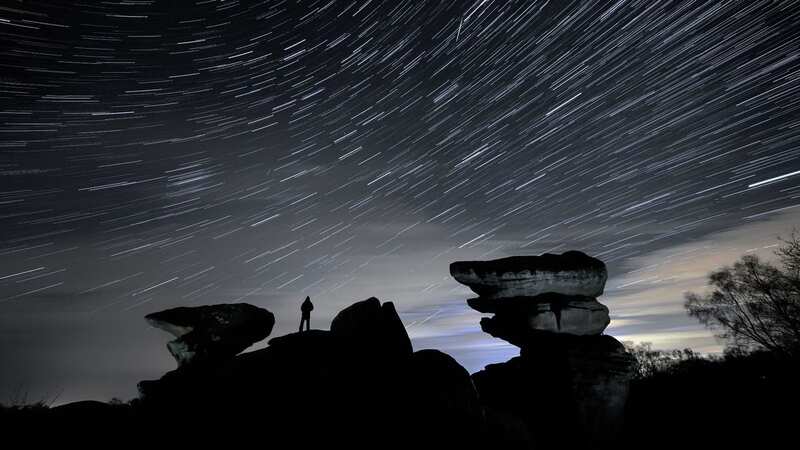

Stargazers will be treated to an exceptional celestial event in the next few days as the Geminids meteor shower is set to put on an incredible display.
The sky over Northern Ireland will be lit up in an extravaganza of shooting stars as pieces of debris from an asteroid called 3200 Phaethon enter Earth’s atmosphere at speeds of up to 70 kilometres per second and vaporise. The resulting streaks of light, which we call meteors, will be very bright, moderately fast, and are unusual in being multi-coloured – white, yellow and green, red and blue. The meteors, called the Geminids because they appear to come out of the constellation Gemini, will light up the night sky over the next few days.
The meteor shower is very dependable, coming around in the second week of December every year. The celestial display is due to reach its peak on Wednesday and Thursday this year. Despite coming late in the year the cosmos is saving the best for last, as the shower - which will see up to 150 meteors per hour streaking across the night sky - is said to be one of the most impressive in the year. The meteors can be seen with the naked eye, no special equipment is needed. The shower should fill the skies in County Antrim in Northern Ireland to County Cork in the Republic of Ireland, with the annual event only at risk from local weather disruption like cloudy skies.
Trace elements in the rocks, like sodium and calcium, cause the incredible colours - the same chemicals that are used to colour fireworks. The meteor shower will be best viewed on Thursday, both before dawn and in the evening. This year the moon will not affect viewing and stargazers in rural areas without much light pollution are best placed to catch the show. Several nights before and after Thursday should also see some meteors in the night skies above Ireland.